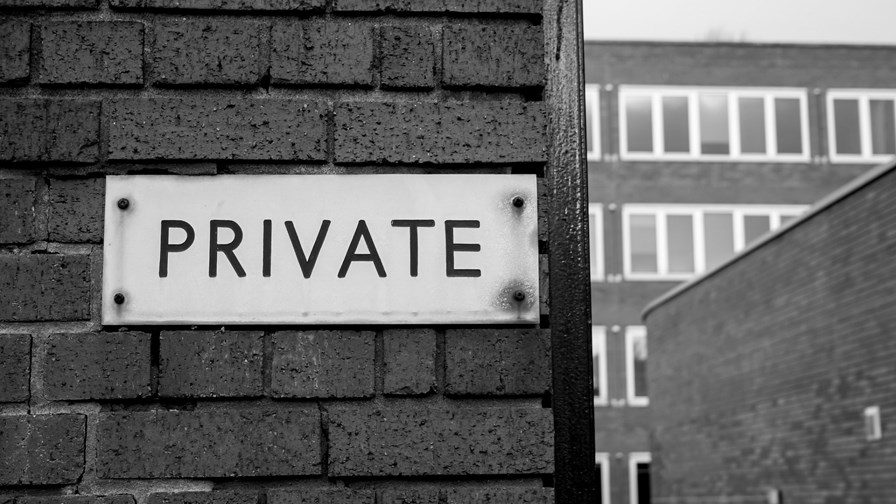
via Flickr © Jeremy Segrott (CC BY 2.0)
- Heads of AT&T, Amazon, Comcast, IBM among those lobbying govt
- They want a federal law so they don't have to deal with 50 states' worth of red tape
- But they have dressed it up as though they are trying to protect regular folk
CEOs of some the US's biggest companies have called for federal legislation to protect consumer privacy.
Lobby group Business Roundtable sent a letter to Congress arguing that strong, consistent protections are needed to "strengthen consumer trust and establish a stable policy environment in which new services and technologies can flourish within a well-understood legal and regulatory framework."
They even sent their proposal for what this framework should look like (PDF).
The letter was signed by AT&T CEO Randall Stephenson, Amazon's Jeff Bezos, Dell's Michael Dell, Comcast CEO Brian Roberts, Qualcomm chief Steve Mollenkopf, and Ginni Rometty, CEO of IBM, among others.
"Consumer trust and confidence are essential to our businesses. We are committed to protecting consumer privacy and want consumers to have confidence that companies treat their personal information responsibly," they said.
That, and they will have seen Facebook CEO Mark Zuckerberg being hauled over the coals in Washington due to his company's shoddy stewardship of user data, and are keen to avoid a similar fate.
The timing is interesting given today is the 18th anniversary of 9/11, an event that ushered in the Patriot Act, which gave law enforcement sweeping powers to conduct bulk surveillance on its own citizens without their knowledge.
The extent of this surveillance, revealed by NSA whistleblower Edward Snowden, and the resulting outcry, influenced the wording of the Freedom Act. This merely watered down certain elements of the Patriot Act when they expired in 2015.
It is worth mentioning 9/11 and the Patriot Act because it set the tone for a conversation regarding personal privacy and freedom – and the extent to which government could encroach on these in the name of protecting the public – that continues to this day. Indeed, in California right now, a debate is raging about banning law enforcement's use of facial recognition technology.
The same tone of conversation now extends to how companies collect, store and share personal data. Companies argue it is for the purpose of offering a better quality of service; consumer advocates argue it is cynical data hoarding for the purpose of maximising profit at the expense of privacy.
Like law enforcement, companies need to know where the lines are, and for the signatories to this week's letter, it would be a lot simpler if those lines were the same in all 50 states.
"Consumers should not and cannot be expected to understand rules that may change depending upon the state in which they reside, the state in which they are accessing the Internet, and the state in which the company's operation is providing those resources or services," the CEOs said.
However, let's not kid ourselves that this is an act of benevolence taken by companies only looking out for consumers. This is also about making it easier – and by extension cheaper – to comply with the law. After all, these are huge companies that are likely to have customers and/or offices in every state.
I'm not a legal expert, and when it comes to protecting consumer privacy, there might be an argument that says states can continue to take their own view. However, with a federal law in place, a company could use it to argue in front of a judge in an attempt to overturn a decision taken at state level.
Irrespective of the signatories' motivation, this development is likely to go down well with lawmakers keen to hold corporations to account when it comes to personal data.
Email Newsletters
Sign up to receive TelecomTV's top news and videos, plus exclusive subscriber-only content direct to your inbox.




